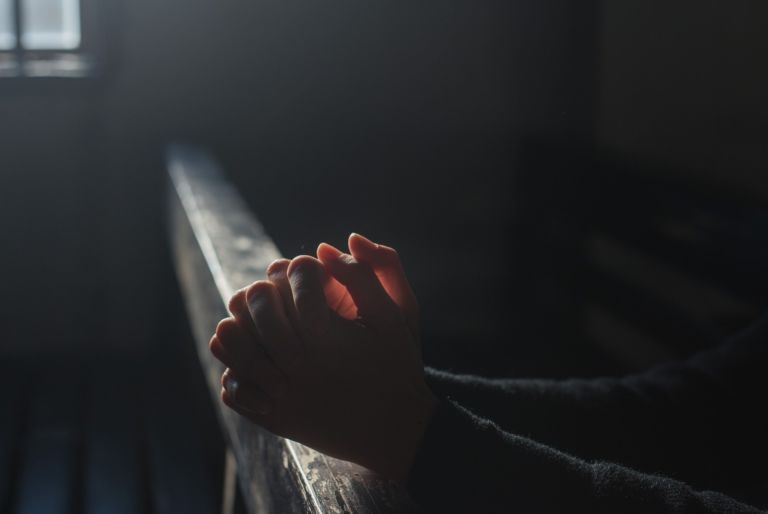Christopher Bedford of the Federalist explains why he was no fan of 2022.
Chaos in Washington, madness at the airport, holiday hangovers: The first month of 2023 was familiar enough. What might seem less familiar to Americans, however, are the cracks appearing in our walls.
Sure, Americans have long felt a decline — maybe a few shifts in the foundations; the yearly polls on trust in major institutions reflect that well enough. You might hear an uncle who says, “Wall Street’s a bunch of crooks!” or a neighbor who notices, “Washington politicians are only in it for themselves,” or even an old classmate who thinks, “Colleges are just a bunch of crazy activists these days,” but the complaints largely ended with the complaints themselves. Everything still worked well enough.
And then it didn’t.
While politicians, “the experts,” and their friends in corporate media managed to muddy the waters in the first year of lockdowns, by 2021 everyday Americans felt like they’d earned the right to wonder why their kindergarteners were in masks, or their local teachers still refused to teach. Modern homeschooling flourished like never before, while enrollment in Catholic schools increased for the first time in decades.
The easy and pervasive idea that you could drop your kids off at school and expect they’d get an education like you did back in the day was dead. The assumption that you could trust the hospital administrator went out with the idea that you could trust your favorite news anchor. Hell, even pastors and funeral directors stood in the way of the business of life, death, and salvation.
But these were just people, most reasoned; or at least these were just institutions. And anyway, these were “unprecedented times” and “we’re all in this together.” “The pendulum will swing back,” Americans confidently predicted. “This craziness will pass.”
Today, in the first month of 2023, we don’t have the luxury of thinking it’s all going to get better.


